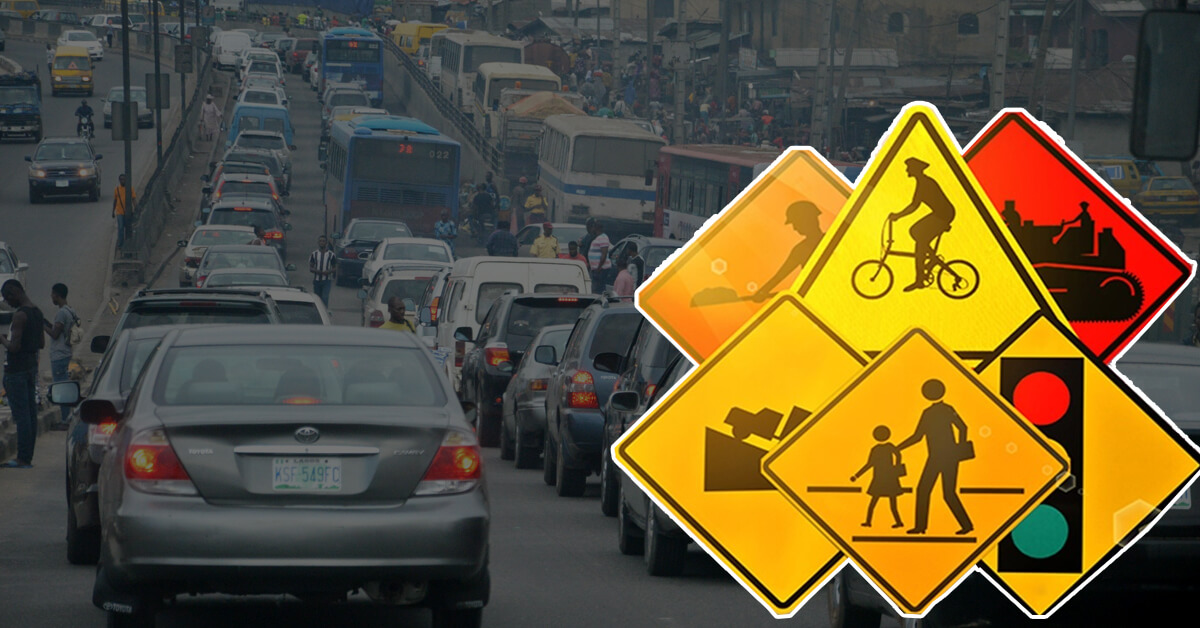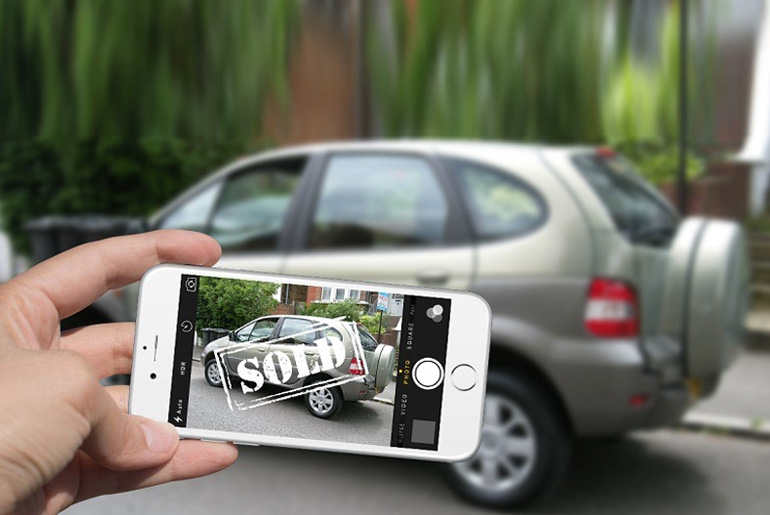Brakes are a relatively simple system, but they are an important part of your car. In addition to preventing car accidents, properly maintained car brakes improve the life and performance of your car. Keeping your car’s brakes in top condition is easy and shouldn’t be taken for granted. Even the best braking systems, such as the Coyote Swap braking system, require regular maintenance. Here are some brake maintenance tips to help keep you and other road users safe on the road.
Table of Contents
Most people assume that when brakes wear out, they just need to be replaced. But not everyone knows how long new brakes will last. Most importantly, how to keep your car’s brakes in good condition. On average, disc brakes can go from about 50,000 km to over 110,000 km. Most modern sedans have disc brakes on all four wheels, but pickup trucks and large SUVs have two disc brakes on the front wheels and two drum brakes on the rear wheels.
How Does Brake Care Work?
Disc brakes are actuated when the driver presses the brake pedal, increasing fluid pressure and pushing the calliper and the brake pads against the brake disc, creating friction and slowing the wheels. increase. The most frequently inspected parts of brakes include brake pads, grippers, discs for disc brakes, and drums for drum brakes. The mechanic will measure the thickness of your brake pads and look for corrosion on your brake discs or drums. Then you can simply clean the dirt off, do a complete maintenance operation, or advise someone to replace some parts.
Brakes can typically go through a maintenance session or two to keep them in good condition before parts need to be replaced. Do you know where your car’s brake fluid reservoir is? The reservoir has clear level markings and is filled to the correct level. must be verified.
Also, make sure you are using the correct brake fluid. There are many different types of brake fluid on the market, but you should use the brake fluid recommended by the vehicle manufacturer.
How Do You Care For Your Brakes?
- Checking the brake lines
The lines are an important part of the braking system. Brake fluid is routed from the master brake cylinder through brake lines to the individual brakes. It is important that there are no leaks in the brake lines. Check your brake lines regularly for signs of leaks. You will also need to bleed the lines to remove any trapped air. A small amount of air in the brake lines will reduce the effectiveness of the braking system.
- Changing Brake Fluid
Most people only top up when their car’s brake fluid level is low. This is wrong. Brake fluid is essential to your car’s braking system. However, brake fluid attracts moisture and corrodes the metal parts of the brake system.
In addition, the boiling point of contaminated brake fluid is low, making the braking system less effective. Replace brake fluid every 2 years or 2,500 miles, whichever comes first.
- Speed is your enemy
Hard braking at high speeds is the main cause of brake pad wear. Imagine stopping at 140 mph. Braking consumes more energy than necessary. This leads to premature wear of the brakes. Instead of braking just before a turn, stop sign, or traffic light, slow down before stopping. As soon as you see a stop sign, turn signal, or traffic light, take your foot off the accelerator. helps reduce brake wear.
Overheating is the number one problem with braking systems. In continuous driving, such as downhill, the brakes overheat. Their effectiveness drops significantly after a while. However, you can prevent this by using the knock method to cool the brakes. Also, you should use lower gear when going downhill. helps control speed by reducing stress on your car’s brakes and engine. Gear Shifting during a dive can be dangerous, so this should be done before starting the descent.
How is brake maintenance done?
Brake service procedures include cleaning brake parts, adding lubricant, and removing rust from pads and discs. Regular maintenance can help minimise brake noise and extend brake pad life.
Braking two wheels on the same shaft are usually done in one service job. The cost of maintaining two brakes on one shaft, without the need to replace parts, ranges from ₦29,000 yen to ₦47,000.
If the brake disc or brake drum is excessively rusted or unevenly worn, the surface of the disc can be scraped to remove rust and restore a smooth surface. This is much cheaper than replacing the disc or drum and allows the brakes to function normally for some time. However, if the disc is more than 50% worn, it will no longer be usable. There is no point in providing the service again, as it will no longer be usable. In this case, it is recommended to replace it immediately.
Conclusion
Caring for your brakes is the most effective way to maintain optimum operating performance. Several external factors such as wet conditions, unnecessary or slow braking and heavy loads reduce the effectiveness of the braking system. Avoid such situations whenever possible.
Remember, it’s not the brakes that stop the car. They just prevent the wheels from spinning. The friction between the wheels of the car and the surface causes the car to stop. It is, therefore, important to drive at low speed in wet conditions.







